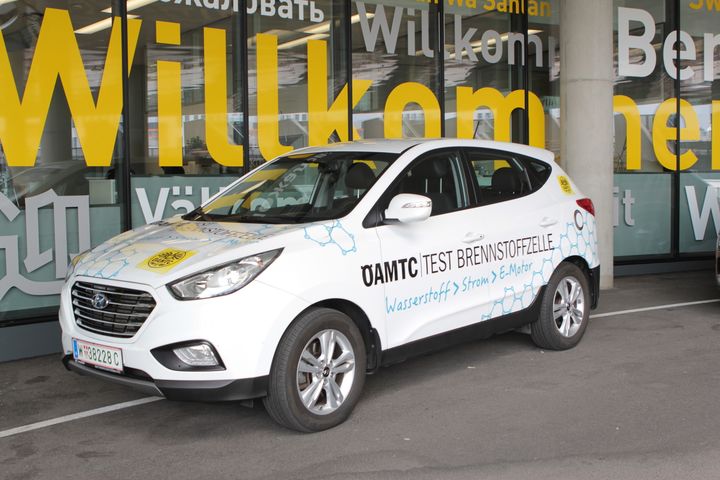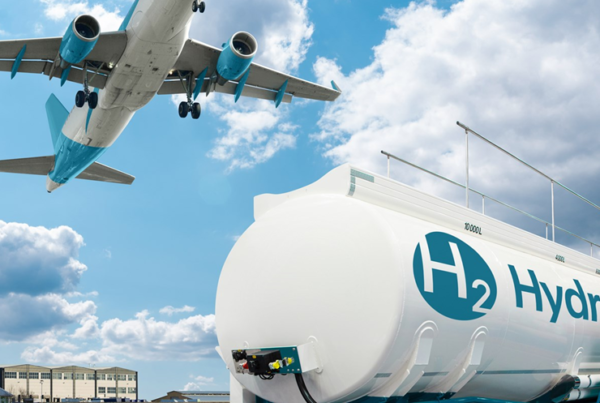
Alternative fuels and e-mobility are indispensable for achieving the climate goals
Vienna (OTS) – In recent days, hydrogen technology has been increasingly discussed as a solution for achieving the climate goals – including in the transport sector.
“In the long term, this technology seems an ideal solution from today’s perspective, so we welcome the current policy and industry initiatives, but it will take a while for fuel cell technology to be available to all at a modest price and make its contribution to climate change,” Bernhard Wiesinger, head of the ÖAMTC advocacy group, says. In addition, there is no shortcoming in the short and medium term for the rapid achievement of the climate goals in the promotion of alternative fuels and e-mobility.
The ÖAMTC is already continuously testing various hydrogen vehicles in cooperation with the Vienna University of Technology. It shows that the hydrogen fuel cell drive is ideal for the long haul. “With a tank time of five minutes and a range of about 500 kilometers, the application for the consumer is similar to the usual burners,” explains Wiesinger. However, the Mobility Club is currently facing several challenges. “The supply of vehicles is very low and they are still very expensive.” “In addition, there are only five petrol stations, but for the breakthrough of hydrogen technology is mainly a CO2-neutral production method,” said Wiesinger. “Initiatives to build and expand the infrastructure are therefore very welcome, so you can solve this hen-egg problem.”
Even with e-mobility, there are still teething problems, but the range of vehicles is much wider and the expansion of charging stations is also supported by various support programs on the right track.
In order to achieve the climate targets in traffic quickly and socially acceptable, the head of the ÖAMTC advocacy therefore currently considers the increased use of alternative fuels as urgent. “Alternative fuels, ie biogenic fuels and e-fuels, are already having a CO2-reducing effect on today’s vehicle population without forcing consumers to buy a vehicle, which is the only way to ensure that weaker income groups, especially in rural areas, are not affected by the Mobility excludes “, Wiesinger prefers this variant also for social reasons.
ÖAMTC Life Cycle Analysis allows CO2 comparison for production, operation and recycling
In order to assess the actual life cycle assessment of the different drive types over the entire life cycle of a vehicle, the ÖAMTC has launched the Life Cycle Analysis, an expert tool that offers a comprehensive comparison of car engine types with regard to climate-related greenhouse gas emissions – from the Production through operation to recycling – allows. “This shows that the Austrian electricity mix has advantages for electric cars, but that does not mean that electric cars are generally more environmentally friendly – for example, if the charging current is not predominantly generated from renewable energy sources, a completely different overall picture can arise”, explains Wiesinger concluding.
Read the most up to date Fuel Cell and Hydrogen Industry news at FuelCellsWorks




